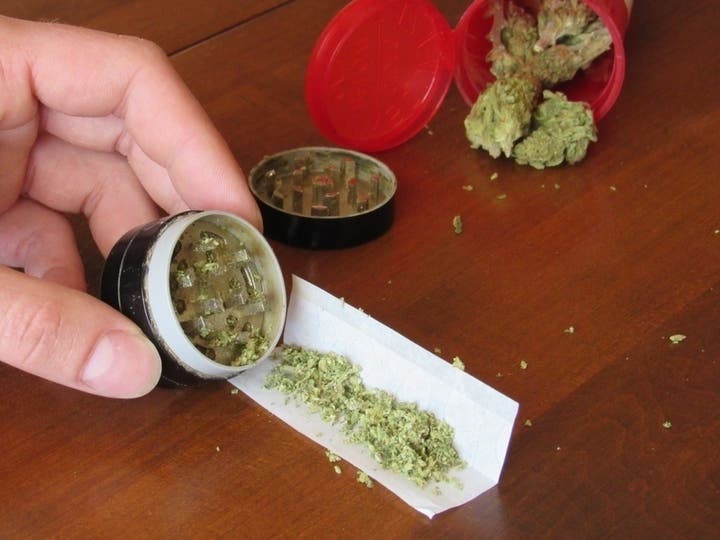

GUILFORD, CT — Monday, the Board of Selectmen received a letter from Guilford DAY, the coalition of volunteers whose mission is to help reduce teen drug and alcohol use. The missive was a request for the town to ban the retail sale of cannabis, slated to be available across the state come next spring.
Guilford DAY notes in no uncertain terms that the new state cannabis law allows for cities and towns to amend their ordinances and/or zoning regs to prohibit pot shops and that’s exactly what the group, made up of youth and adults, volunteers and local organizations, wants to see the Board of Selectmen do.
First Selectman Matt Hoey told Patch that he will meet with Guilford DAY next week and plans to add the letter to an upcoming agenda and invite the Guilford DAY team to address the board.
He said that it’s important to gauge the community reaction to the DAY request to ban marijuana retail stores in town.
“I’d only be speculating as to a clear indication of how the community feels about this issue,” he said, but added: “To that end, I expect to engage the community in forums and surveys to better understand how our community views the issue.”
Guilford DAY says cannabis poses a significant health risk for kids
The letter, signed by the adult co-chairs of Guilford DAY, Lisa Ott, Peter Palumbo, and Donna Tosta, reads in part, “We are not so naïve that we believe that a local ban on retail sales of marijuana will prevent Guilford kids from obtaining and using cannabis. We are going to have that problem, and we cannot blind close our eyes to the damage that this will cause to some of our children. We are requesting the ban as a message to Guilford’s parents and kids that marijuana consumption is a significant health risk for kids.”
Guilford DAY says one of its big concerns is about the potency of not just marijuana itself, but products made with cannabis like edibles, candies, vaping oils, and concentrates including “shatter,” “glass,” and “dabs,” and other forms of “extremely high potency products.”
Guilford DAY says marijuana potency is not the same as the 1970’s. And in dabs, edibles, and oils, the levels of THC, the psychoactive component marijuana — the part that gets one high — are “extremely high potency.”
“Connecticut’s law includes toothless potency limits of 30 percent for plant and flower material, and 60 percent for concentrated products, with the exception of any limit on vaping products. the group notes. “Compared to the historic levels of THC in marijuana, Connecticut’s so-called potency limits are a bad joke.”
The group also points out that “neuroscientists are clear that the risks are higher for those who begin to use at a young age, and those who consume highly potent products.”
Guilford DAY acknowledges that a “ban on retail marijuana in Guilford will not keep kids from obtaining it,” but says that a prohibition would “send a message to kids that Guilford cares about its youth, and that marijuana poses a significant threat to public health, especially for teens.”
Hoey said that the Board of Selectmen will engage with the community on the request to ban the retail stores that will be permitted to open next spring, according to the new state marijuana law.
Read the full letter here where Guilford DAY lays out its position on why the town should prohibit retail sales of marijuana and associated products:
Guilford DAY Letter to Boar… by Ellyn Santiago
>

